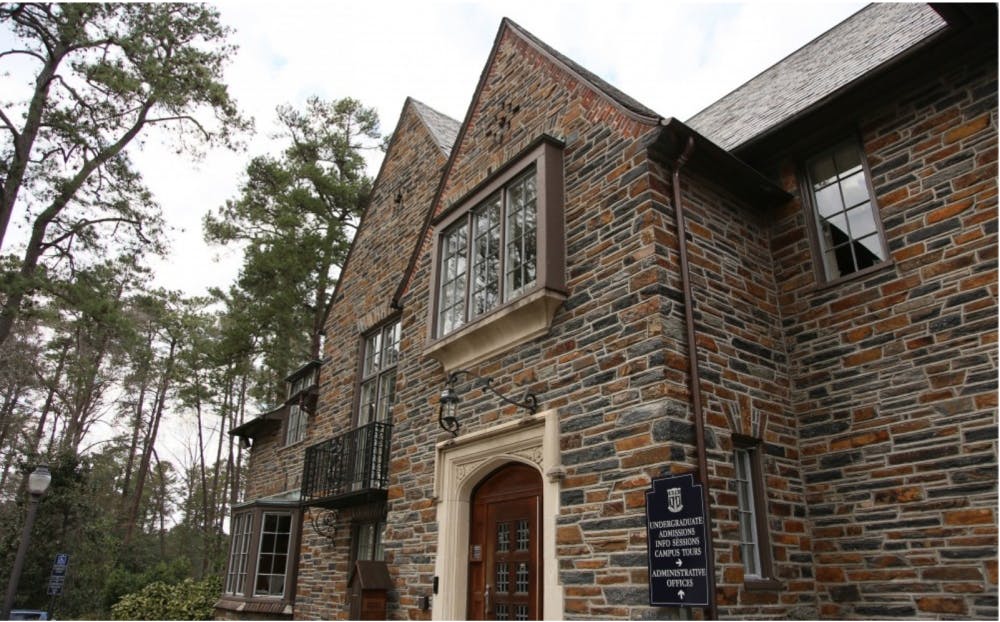Duke and 15 other universities filed a brief supporting Harvard Monday as a federal lawsuit accuses the college of discriminating against Asian-American applicants in its admissions practices.
“[The schools] speak with one voice to emphasize the profound importance of a diverse student body for their educational missions,” the court filing read.
The filing went on to argue that an “individualized and holistic” review of applicants—which considers nonacademic factors such as race—is crucial to such diversity. The schools also defended their admissions policies on First Amendment grounds, warning that a ban on considering race would be an “extraordinary infringement on universities’ academic freedom.”
The friend-of-the-court brief is one of six such documents filed Monday, including one by Walter Dellinger, Douglas B. Maggs professor emeritus of law in the School of Law. In the brief, Dellinger supported Harvard’s argument on standing. Duke has submitted briefs supporting affirmative action in the past.
“The brief restates for the court what we have always said: that a diverse student body is an essential part of the educational experience at Duke,” wrote Michael Schoenfeld, vice president for public affairs and government relations, in an email to The Chronicle.
The case itself, brought by Students for Fair Admissions, largely centers around the scholarship of Duke Professor of Economics Peter Arcidiacono. According to Arcidiacono, Harvard consistently gave low personality ratings to Asian-American applicants as part of a soft quota—a claim Harvard has denied.
In previous debates on affirmative action, some people have touted class-based admissions as an alternative to race-based policies. However, in the brief, Duke and other schools dismissed the idea.
“Exclusively race-neutral admissions policies are unworkable as a means of advancing [our] compelling interest in diversity. For example, the University of California’s most selective campuses have been unable to attain the type of student body diversity that enriches students’ educational experiences,” the schools wrote, apparently referring to the high Asian-American population of the state colleges, which were not party to the brief.
All seven of Harvard's Ivy League peers signed onto the brief, as well as Case Western Reserve University, Emory University, George Washington University, Johns Hopkins University, Massachusetts Institute of Technology, Vanderbilt University and Washington University in St. Louis.
The schools denied any existence of racial quotas in their institutions, which are illegal.
“No seats in the class are reserved for applicants of any race or ethnic background, nor are applicants of any race or background limited to a certain number of places,” the schools wrote. “[We] consider applicants’ races and ethnicities with extraordinary care and only in the most limited fashion necessary to ensure a meaningful contribution to the diversity of [our] student bodies.”
The trial is scheduled to begin for Oct. 15, 2018.
"We continue to be committed to an admissions process that takes into account many different factors, including academic achievement and the diversity perspectives, experiences, goals, backgrounds, races, ethnicities, and interests that prospective students bring to the university," Schoenfeld wrote.
Read the full brief below:
Get The Chronicle straight to your inbox
Sign up for our weekly newsletter. Cancel at any time.

